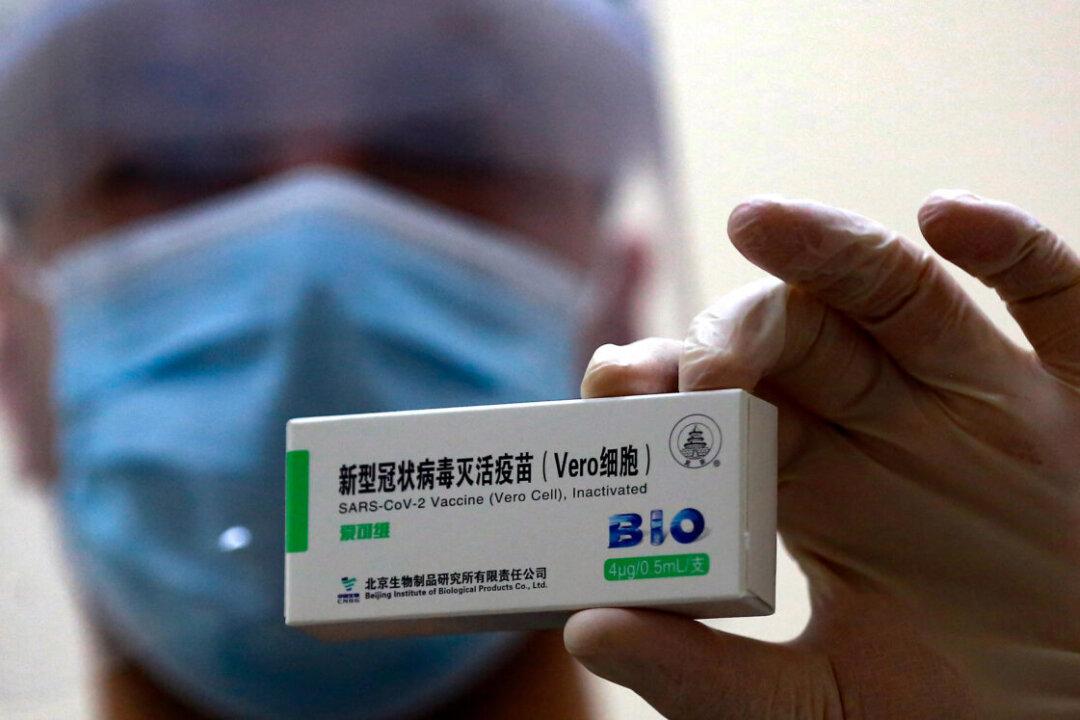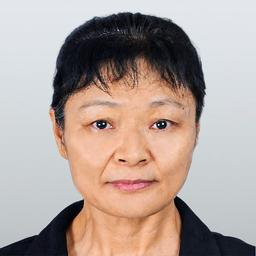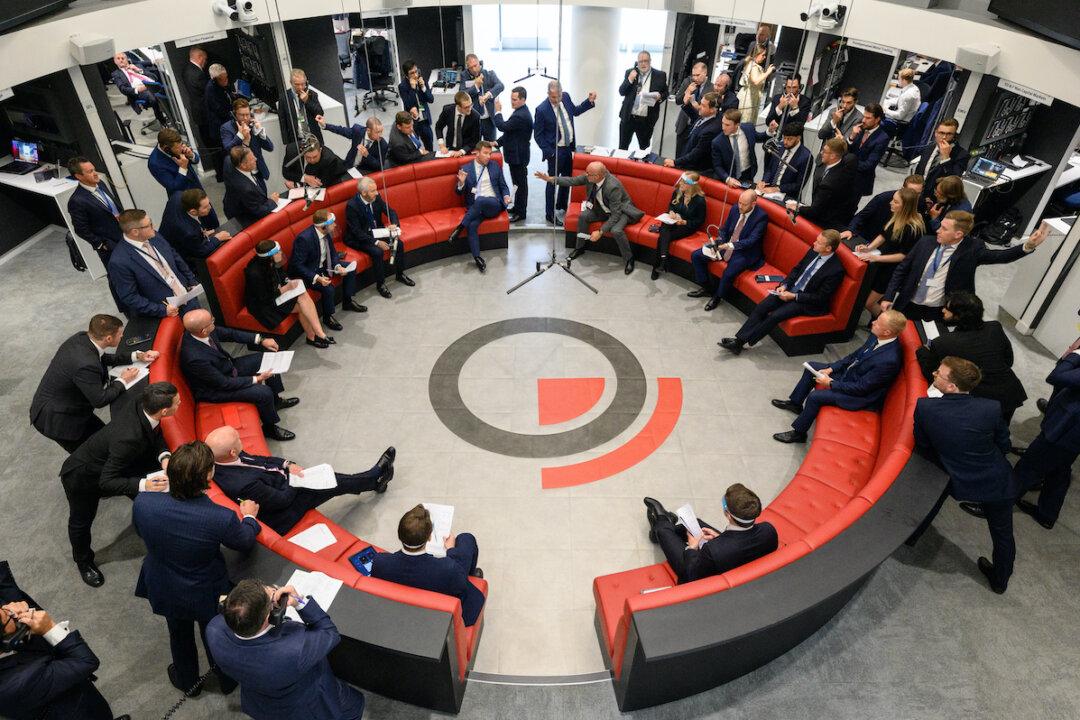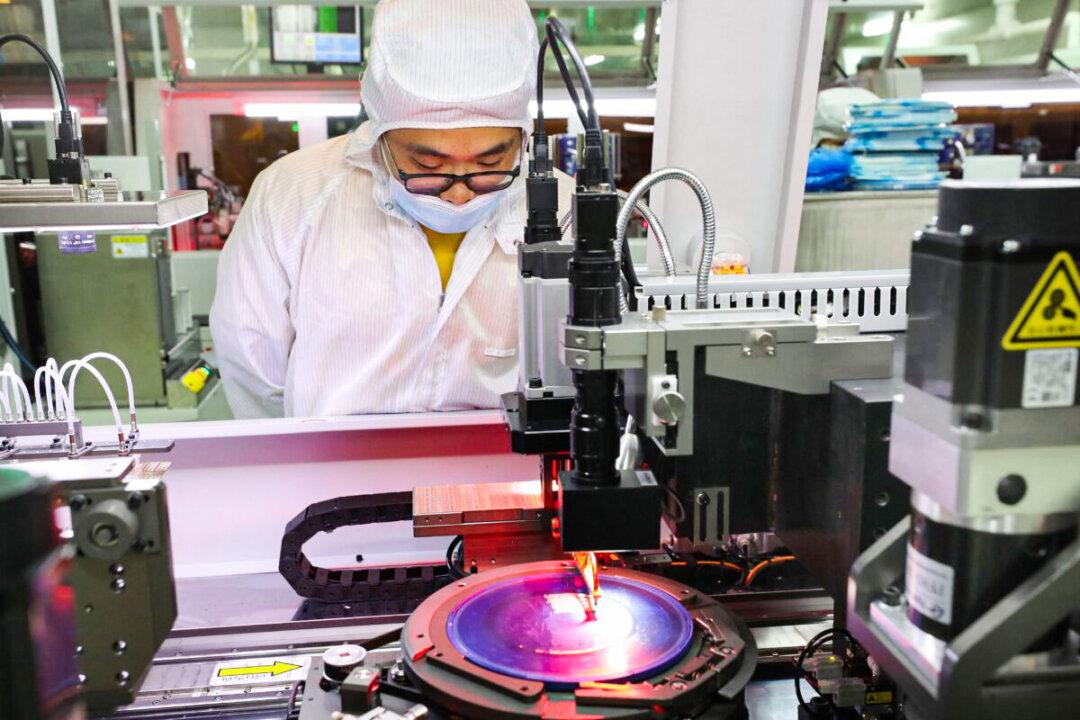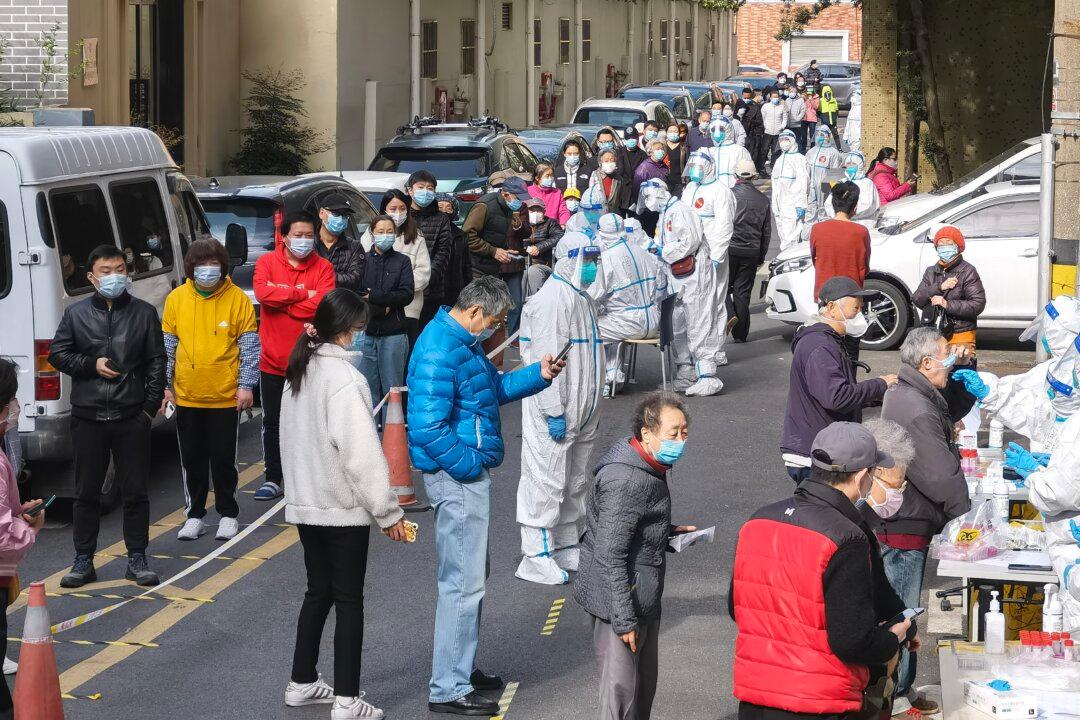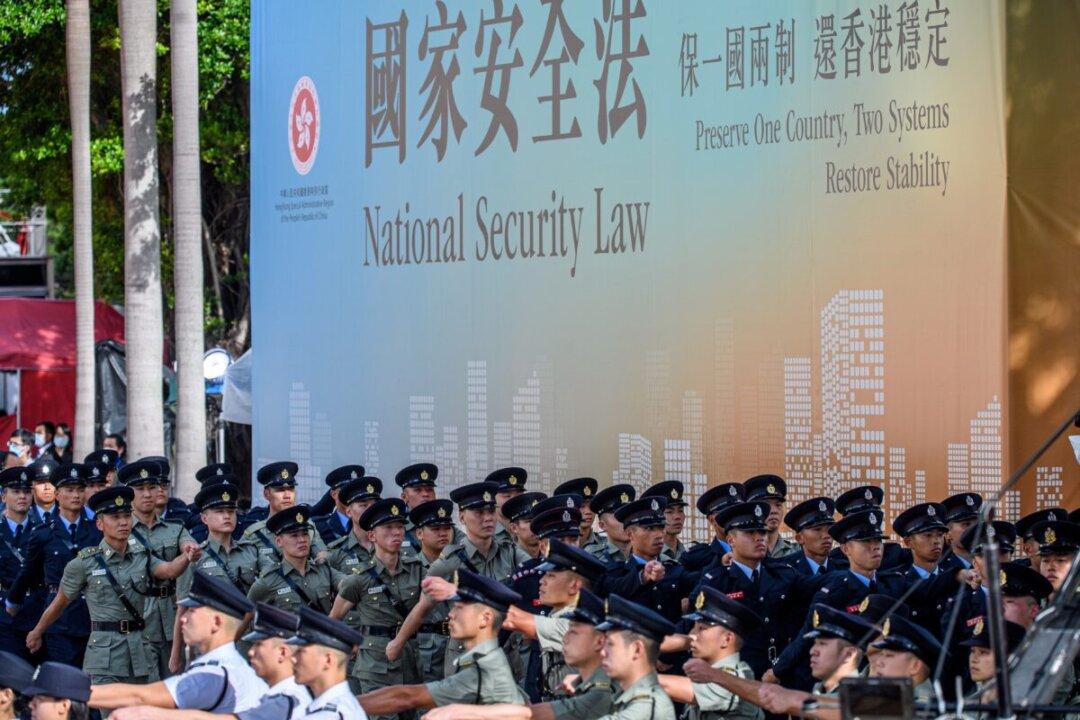While the efficacy of Chinese inactivated vaccines is in doubt, the Pfizer-BioNTech mRNA vaccine is still blocked on the Chinese Communist Party’s (CCP) approval process, and not allowed in mainland China. Meanwhile, state-owned Sinopharm announced it will develop an mRNA vaccine.
On Sept. 6, state-owned First Financial said that the National Pharmaceutical Group Co., Ltd. (Sinopharm) has begun developing an mRNA variant vaccine and expects to launch it next year. Sinopharm is the only central enterprise directly under the State-owned Assets Supervision and Administration Commission that focuses on life and health.
